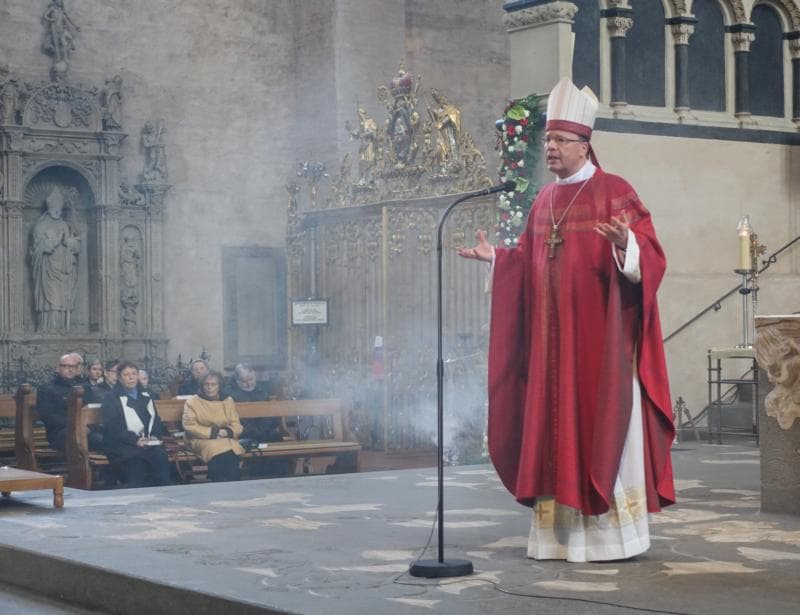TRIER, Germany — The Diocese of Trier must change its plan for reform after Vatican officials objected to some of its aspects, including plans for the future role of priests, reported the German Catholic news agency KNA.
The reform envisaged each parish priest being an equal member of a leadership team with laypeople and other priests.
KNA reported that on June 5, Trier Bishop Stephan Ackermann outlined his position to the Vatican Congregation for the Clergy and the Pontifical Council for Legislative Texts. He pointed out the weakening ties of Catholics to the church, declining financial possibilities and the lack of priests. He said the situation required changes to give church life a “reliable framework.”
Vatican officials regarded that plan as questionable in terms of canon law. Rome also had misgivings about the planned size and structure of parishes, the Trier Diocese said June 9. Some large parishes would have had up to 100,000 members under the plan and, in some rural areas, the distance to the nearest parish church would have been 50 miles or more.
Ackermann now plans to work with diocesan leaders to change the parish reform and to take the Vatican’s objections into account as well as the initial goals of his reforms, KNA reported.
The planned reform aims to change structures and set new priorities for pastoral care and the church. The diocese regards the reform as a model for the restructuring of parishes as other dioceses in Europe face similar changes, diocesan officials said. They said the next steps will be closely coordinated with the Vatican.
The Trier Diocese currently has 887 mostly very small parishes. A 2016 diocesan synod recommended the creation of “further pastoral spaces.” The plan was to merge the parishes into 35 large ones led by a team of one priest and two laypeople. The other priests were to have no leadership functions.
The Vatican suspended the implementation of the reform in November following complaints from a group of priests and several lay Catholics in the diocese.











